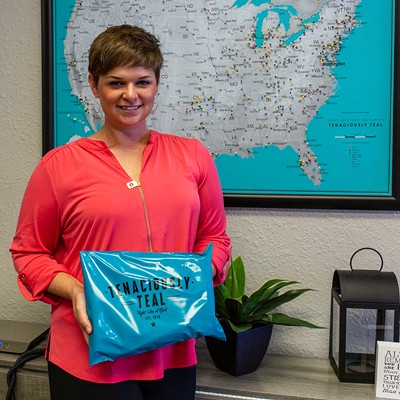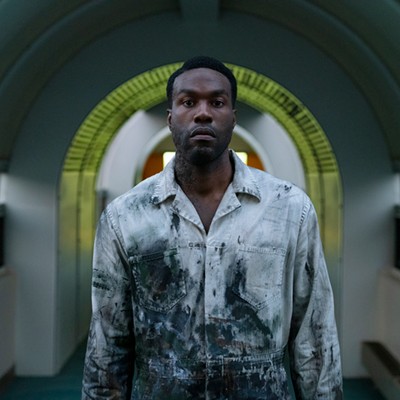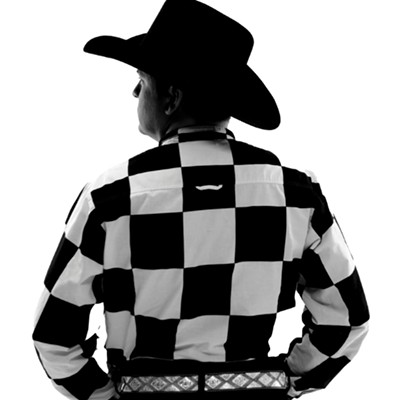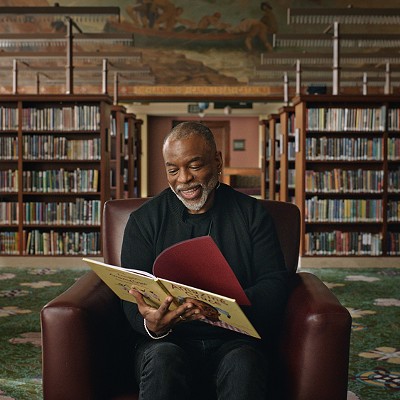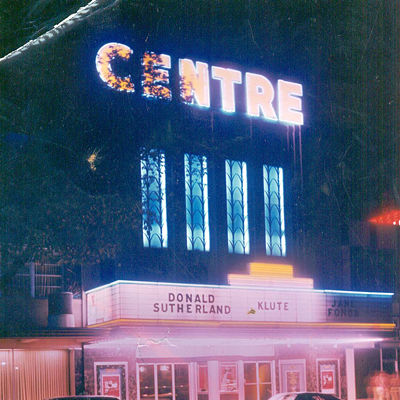Startling admission: As a career-long journalist in one form or another, it is difficult for me to be truly objective about the documentary “Page One: Inside The New York Times.” No such problem exists with the Times’ own Michael Kinsley, who panned it as “a mess,” but don’t listen to him — I’m guessing most Oklahomans pay no mind to NYT, anyway — because it’s an enormously entertaining work.
“Page One” played the deadCENTER Film Festival in June to a sold-out crowd at Oklahoma City Museum of Art and rapturous applause at the end; OKCMOA now brings it back for five showings between Friday and Sunday.
As the title suggests, this is a flyon-the-wall look at the inner workings of what is arguably the fourth estate’s most respected American newspaper, whose influence is felt far beyond the five boroughs.
With a heavy concentration on its news and media desks, we follow its editors, reporters and other staffers for a year. Director Andrew Rossi (“Le Cirque: A Table in Heaven”) lucked out with a meaty one: a time at which the world inside the Times building was shaking up as unpredictably as the one outside it.
While the paper reports on WikiLeaks — not yet a household name — and the war in Afghanistan, it also feels the prickly end of the “new media” shift, primarily in layoffs of valuable, productive, longtime employees.
If anyone is to benefit from participating in Rossi’s 12-month exercise — and he already has — it is David Carr. Having clawed back into the paper chase from a crack addiction, the curmudgeonly reporter takes BS from absolutely no one. His gravel-strewn voice is intimidating alone, but his questions and comebacks sting like a whip. In one of the film’s greatest scenes, the guys behind Vice magazine learn this the hard way. Carr’s personality is so unique, so vibrant, he’d be worthy of Oscar consideration ... if only it were a performance.
Refreshingly, the documentary includes instances of Times execs owning up to mistakes of the past. This not only helps alleviate notions that the work is inherently biased, but makes me feel better that it happens to the best of us.
But don’t think only journalists can enjoy the workplace drama that unfolds within the Times’ walls; many more people than detectives and advertising execs watch any given episode of “The Killing” and “Mad Men,” respectively, and “Page One” is fraught with no less emotion.


